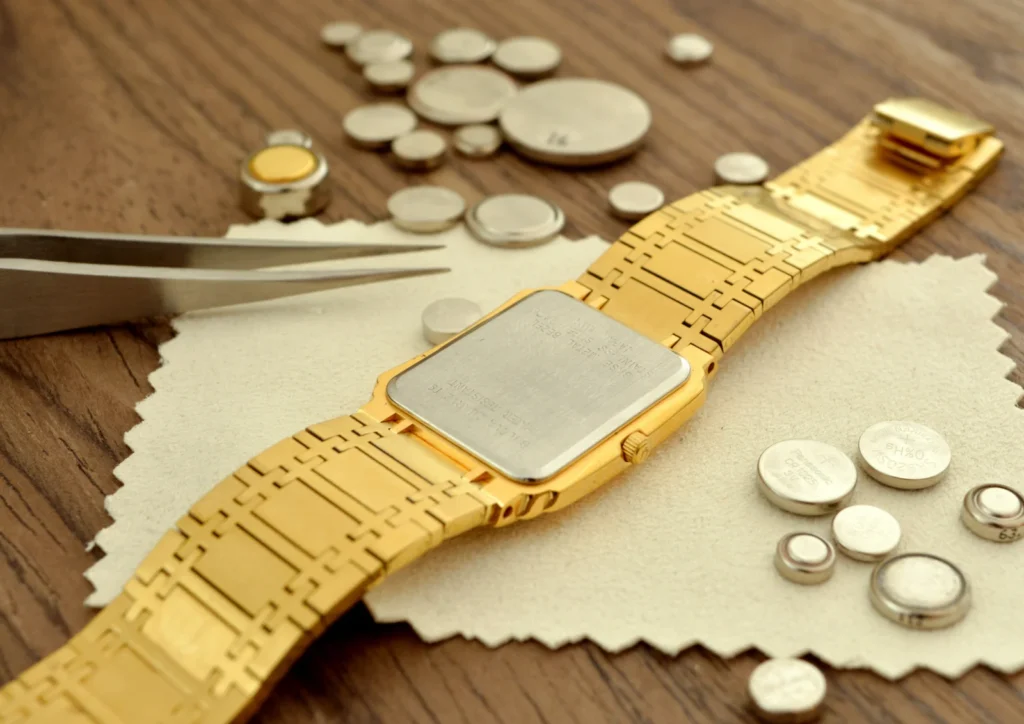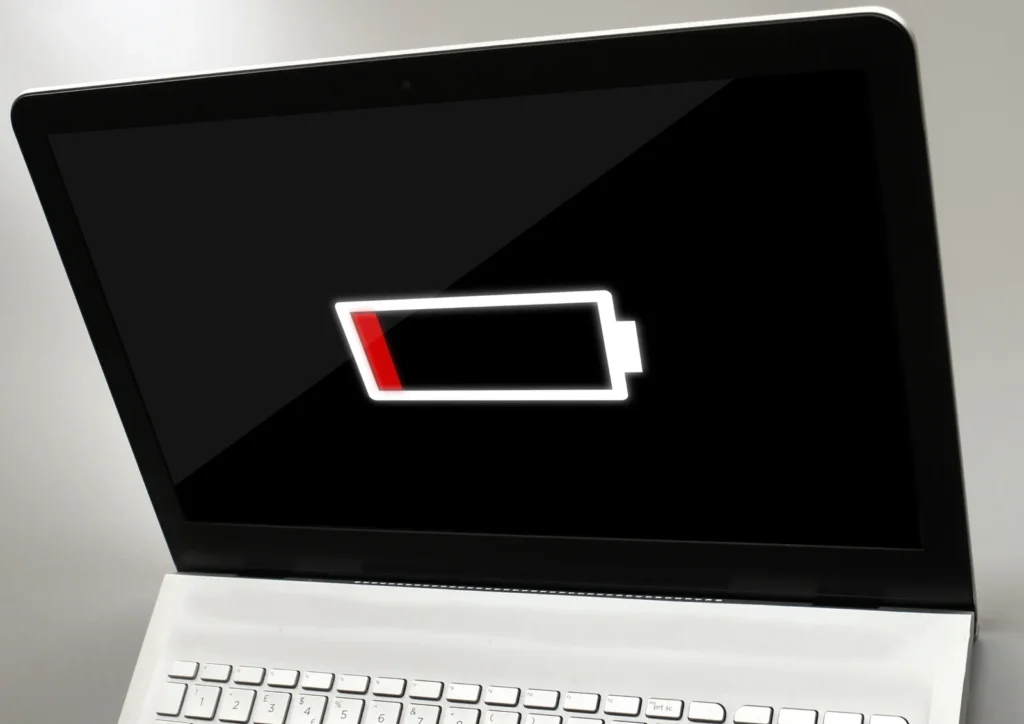Used ones become a ticking environmental bomb! Find out how to dispose of them properly
Available in every shop, right at the checkout, at your fingertips. They are extremely hazardous to the environment if they are not properly collected separately and then recycled or disposed of. What are we talking about? Batteries, which we all have in our homes.
Available in every shop, right at the checkout, at your fingertips. They are extremely dangerous for the environment if they are not properly collected separately and then recycled or disposed of. What are we talking about? Batteries, which we all have in our homes.
Finger-type batteries can be found in a TV remote control or air conditioner, in children's toys and dozens of other electrical devices. There are watches on our wrists where we can find batteries called button batteries. In our handbags, or in our backpacks, there are phones that work thanks to batteries. In truth, life without batteries is impossible today.

The question then arises, why are batteries around us if they are dangerous?
Batteries themselves, if they are in good working order and used as intended, can be used by us. The problem arises when the battery no longer performs its function. That is, simply when it has worn out or broken down.
When a battery is used up, we are faced with the responsible task of disposing of it or returning it to a specially designated place. It is important that it does not end up in the rubbish bin with other household waste. We can dispose of used batteries in specially designated bins, which are available in shops and increasingly in schools, or we can hand them in at the Selective municipal waste collection point.

Why is this so important?
Batteries are hazardous waste. They pose a very high risk to the environment. Particularly harmful to nature, but also to humans, is the presence of heavy metals such as cadmium, zinc, mercury, lead and nickel in waste batteries. When they enter the environment, they cause serious disturbances to the self-cleaning process of soils and waters.
Let us show the scale of the danger using the example of the batteries that most of us have at home:
- Improperly disposed of, one watch battery can contaminate up to 400 litres of water.
- An alkaline battery of the "fingertip" type, when it spills on the soil, permanently contaminates it. One spilled battery of this type contaminates a cubic metre of soil.
- A battery from a laptop or mobile phone disposed of improperly can cause a fire and, in some cases, even an explosion.
What else is worth mentioning?
Batteries that are disposed of correctly have a chance of being recycled and raw materials reused. By starting with one small battery disposed of in the right way, we are doing something good for our planet. Let's keep it up!



